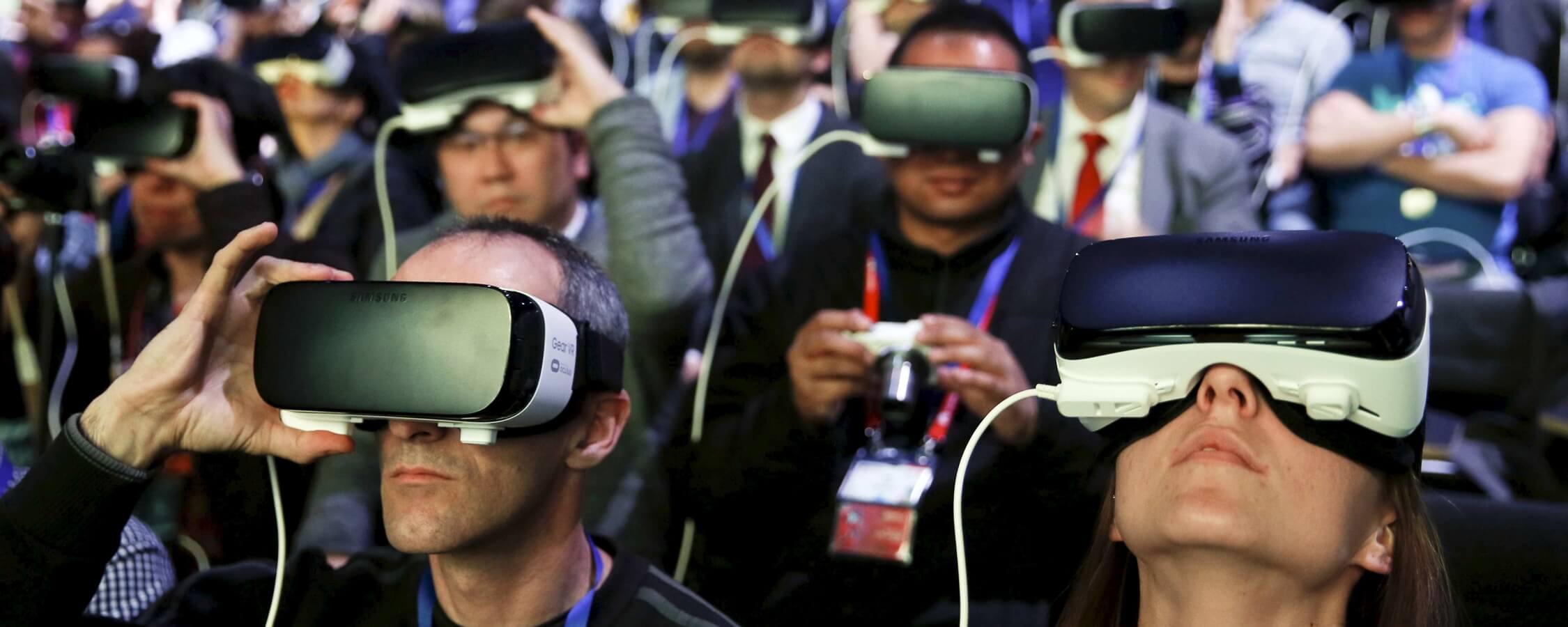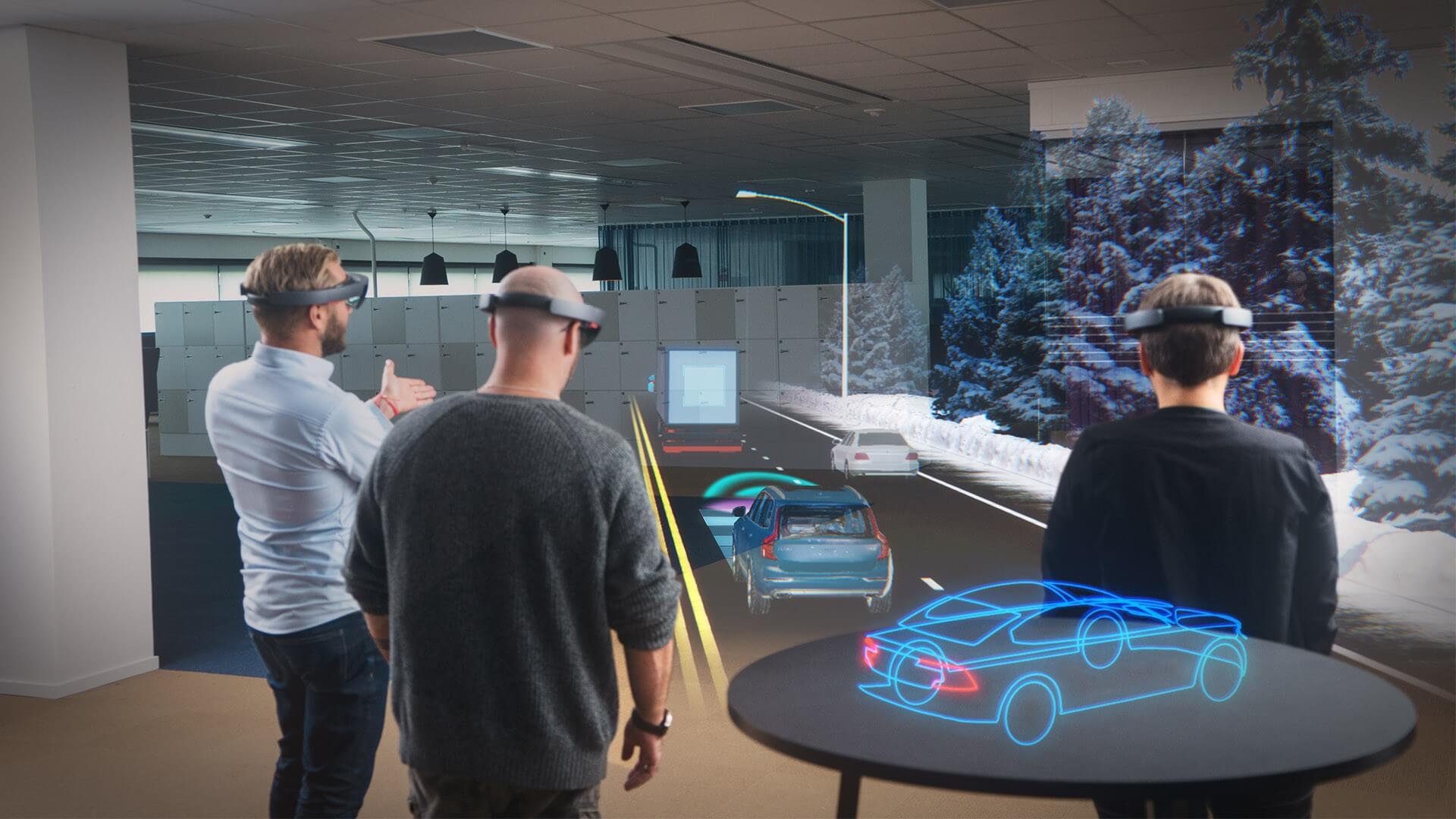In brief: Shipments of VR headsets saw a sharp 33.7-percent decline worldwide in the second quarter of 2018 (2Q18). This news comes from market analysts at the International Data Corporation (IDC). Despite the negative growth, IDC remains optimistic about the industry due to upticks in other areas.

According to analysts at IDC, the VR market has been “artificially propped up” by screenless viewers. Smartphone manufacturers like Samsung, Google, and Alcatel had been bundling viewers with their devices. Unfortunately, the market for these smartphone peripherals has declined by nearly 60 percent from 2Q17. This dip was the most significant contributing factor to the overall decline in headset shipments.
Oculus and Sony moved 102,000 and 93,000 units respectively in the tethered headset category, which was significantly down from 2Q17 figures. Thanks to its new Viveport subscription service and the release of the Vive Pro, HTC was able to maintain momentum moving 111,000 units. However, tethered headsets netted a 33.7-percent dip overall in 2Q18.
The reason for IDC’s optimistic VR outlook is primarily due to the trend being set in the standalone market and an uptick in commercial applications.
“Standalone VR headsets grew 417.7% during the quarter, largely due to the global availability of the Oculus Go/Xiaomi Mi VR, which managed to ship 212,000 headsets,” said IDC.

Additionally, even though companies are focused on marketing to the consumer, commercial applications of VR headsets increased from 14 percent in 2Q17 to 20 percent year over year. The average selling price has also bumped up from $333 to $442.
Analysts believe that adoption in the commercial sector will ultimately drive consumer sales due to the opportunities to try before you buy that will become available.
“One of the major issues with the VR market is that consumers still find it difficult to try a VR headset,” said Jitesh Ubrani, senior research analyst for IDC Mobile Device Trackers. “HTC's recent partnership with Dave & Busters or Oculus' work with schools around the world stand to play an important role in educating and enticing consumers to use VR.”
Mainstream VR content has not quite blossomed yet either. Therefore manufacturers will tap commercial ventures while they wait for content creators and consumers to “catch up.”
“These vendors are moving beyond entertainment-focused B2C deployments to real-world training scenarios in companies of all sizes, all over the world,” said Tom Mainelli, program VP for IDC’s Devices and Augmented and Virtual Reality divisions. “IDC expects commercial buyers to represent an increasingly important percentage of the market going forward.”
As more consumers are exposed to VR through commercial venues, they will be more inclined to see the value of having the technology in their homes.
https://www.techspot.com/news/76291-analysts-remain-optimistic-despite-337-percent-downturn-vr.html
